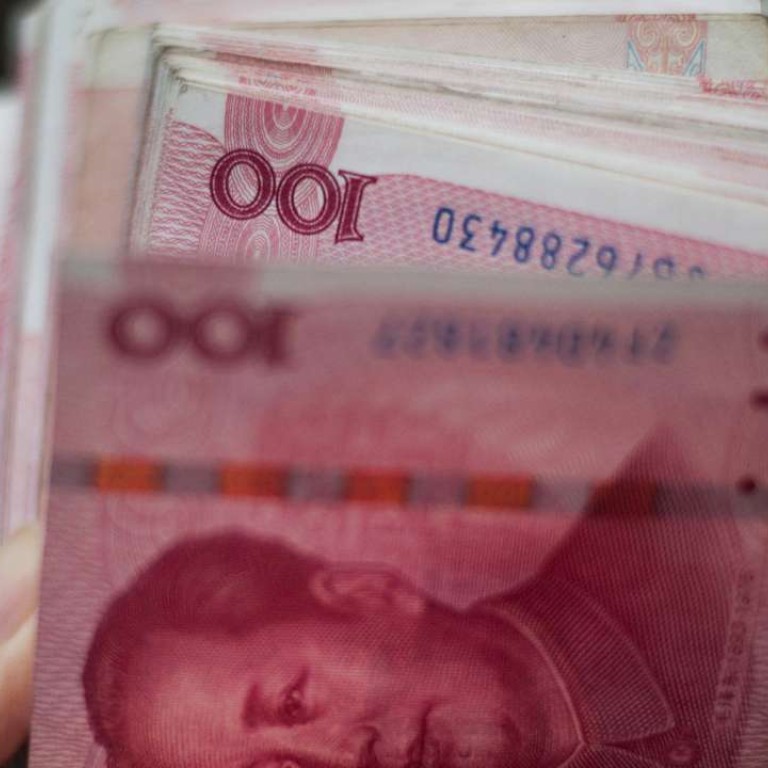
Liquidity and free flow of capital two biggest fears of Chinese bond investors
Appetite to invest in Chinese bonds remains strong as 83 per cent of international respondents to new survey say they plan to increase or maintain exposure
Liquidity in China’s secondary bond market and free flow of capital across borders are the two biggest concerns of global investors considering investing in the country’s onshore bond market, according to a new study.
The survey, led by regional trade association Asia Securities Industry & Financial Markets Association (ASIFMA) and six other partners, collected responses from more than 100 investors worldwide, representing total estimated global assets under management of over US$ 21 trillion.
The next biggest concern is technical barriers to participating in the market, mainly surrounding legal and operational issues including free repatriation of invested funds.
Respondents also said that clearer beneficial ownership rules and clarity on tax are more important than macroeconomic climate.
The survey garnered the opinions of 36 per cent of the top 50 investors in the US, 20 per cent of the top 100 investors in Europe and 27 per cent of the top 100 investors in Asia, the association said.
“Not surprisingly, the survey evidences that despite the opening of the Chinese bond market and progress made so far, greater transparency, legal certainty and predictability remain a key concern of foreign investors,” said Marc-Andre Bechet, director of legal and tax at the Association of the Luxembourg Fund Industry, one of the survey partners.
The survey found 51 per cent of respondents are already investing in China’s onshore bond market, while 33 per cent are not investing but are planning to invest in the next 12 months. Only 15 per cent of the respondents have no plans to invest in the country over the next 12 months.
Not surprisingly, the survey evidences that despite the opening of the Chinese bond market and progress made so far, greater transparency, legal certainty and predictability remain a key concern of foreign investors
Despite concerns over investing in China’s onshore bond market, the result “suggests there is still a lot of appetite to invest in China in spite of recent concerns about an economic slowdown, the depreciation of the yuan and market instability,” said an accompanying statement to the findings.
Sixty-three per cent of the respondents are planning to increase their exposure over the next 12
months, 20 per cent to maintain their current exposure and only 1 respondent plans to decrease
exposure, the survey found.
In terms of investment preferences, “ international investors generally want to access the highest
rated investments or instruments with a high credit quality” including central government securities and agencies, policy banks and corporates and financial institutions with high credit quality, the statement said.
The bottom three investment preferences were listed as structured credits, project and infrastructure finance and green bonds.
Aidan Yao, senior emerging Asia economist at AXA Investment Managers, said the size of the Chinese bond market had already “made it a very likely candidate” for global bond indices, and the inclusion could happen by the end of 2018 when the government improves accessibility and transparency of the market, which would further boost the inflow to China’s bond market.
The total market cap of China bonds – both onshore and offshore – has reached roughly US$9.6 trillion, making it the second largest bond market in the world, Yao said.
Foreign investors bought 78 billion yuan of government bonds and policy bank bonds in September, up from 53 billion yuan in August, according to data released by China Central Depository & Clearing.
Foreign purchases so far this year have reached 174 billion yuan, nearly a fivefold rise compared with 35 billion yuan for the whole of 2015.

